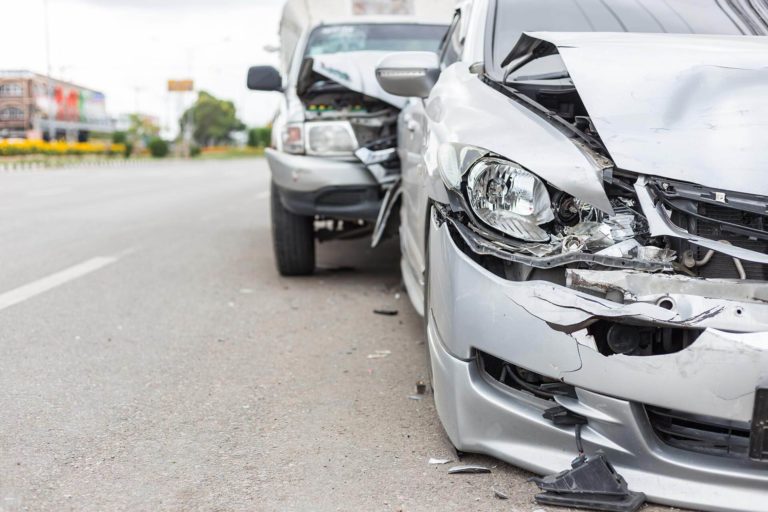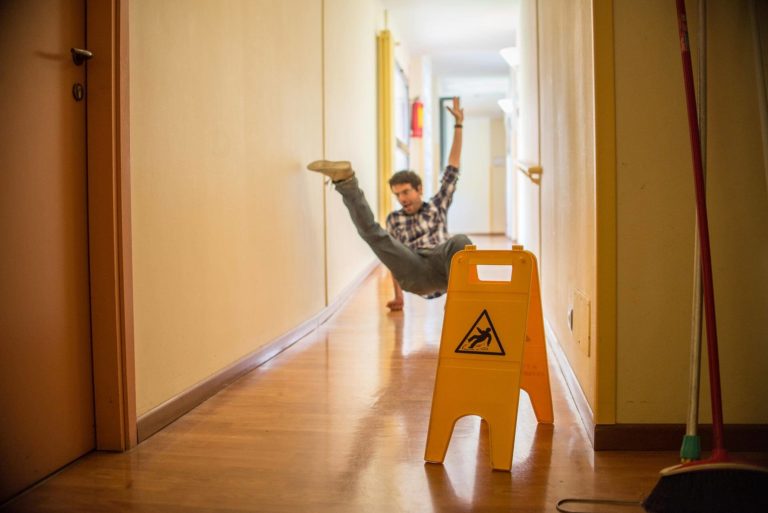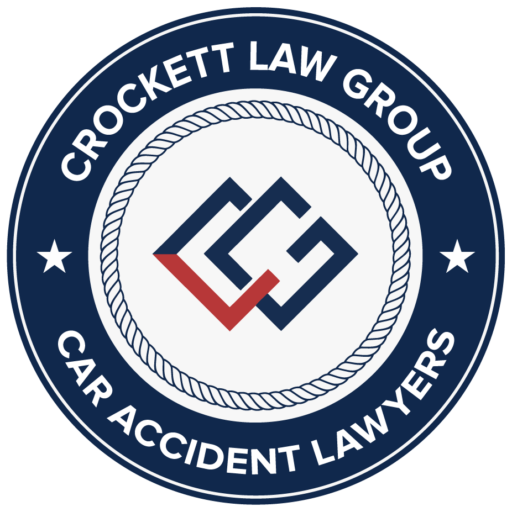One of the most painful types of spinal injuries is a herniated disc injury. Herniated discs can cause chronic pain that lasts for many years or even for a person’s entire life. Some herniated discs are caused by degeneration as a person gets older, but they can also be caused by trauma due to an accident. Car accidents slip and falls, and construction accidents cause herniated disc injuries that can result in long term disability and a substantial reduction in the ability to enjoy life.
Medical costs that are not covered by insurance, disability payments that are much less than your salary, difficulty walking, cleaning your home, and/or taking care of children. This can become a financial disaster! If somebody else caused your herniated disc injury by acting negligently or recklessly, our personal injury lawyers in Orange County can help you obtain the financial compensation that can improve your life. Please call the Crockett Law Group to schedule a free consultation to learn more about your rights.
 Herniated discs are also fairly common when standing bus passengers are caused to fall when the bus stops short or impacts another vehicle. Most herniated discs are caused by high-speed accidents, but there is ample evidence that even a low-speed collision can jar the body and cause a disc in the neck or back to herniate as a result of the impact.
Herniated discs are also fairly common when standing bus passengers are caused to fall when the bus stops short or impacts another vehicle. Most herniated discs are caused by high-speed accidents, but there is ample evidence that even a low-speed collision can jar the body and cause a disc in the neck or back to herniate as a result of the impact.
Table of Contents
What Is a Herniated Disc?
The vertebrae of the spine are cushioned by discs that act as shock absorbers for the spinal bones. The discs have a tough outer layer that surrounds a soft interior nucleus. A herniated disc is a condition where a portion of the soft material inside the disc is pushed outward and protrudes through a tear or rupture in the hard-outer layer. This displaced material often presses on nerves, causing severe pain. The degree of pain will depend very much on the location of the herniation and its proximity to nerve endings. That’s why some types of herniations are more painful than others. These are the most common types of herniated discs ranging from the least to the most severe:- Disc protrusion
- Prolapsed disc
- Disc extrusion
- Sequestered disc
Symptoms of a Herniated Disc Injury
A herniated disc can occur on any area of the spine from the neck to the lower back. The most common symptoms of a herniated disc are pain, numbness, or weakness in one or more areas of the spine. A herniated disc in the lower back can sometimes cause sciatica or radiculopathy with symptoms of pain, tingling, or numbness that radiates into the buttock, leg, or even into the foot. One side of the body is usually impacted more than the other. A herniated disc in the neck can sometimes cause cervical radiculopathy with symptoms that include a sharp or dull pain in the neck or between the shoulder blades that radiates to the arm, hand, or fingers. This can occur with or without numbness or tingling in the shoulder or arm. Severe herniations can cause pain that drastically limits the range of motion and/or impacts bowel or bladder function. Any time there is severe pain that persists with negative x-rays, a herniated disc should be considered as a diagnosis.Can Car Accidents Cause Herniated Discs?
Car accidents are a major cause of herniated discs. Cervical herniations are often caused by the rapid back and forth motion that occurs with high-speed, rear-end, or head-on collisions. Side impact collisions or rollovers and more likely to cause multiple herniations of the lower back or mid-back. Pedestrian knockdowns, truck accidents, and T-bone accidents can also cause victims to sustain herniated discs. Herniated discs are also fairly common when standing bus passengers are caused to fall when the bus stops short or impacts another vehicle. Most herniated discs are caused by high-speed accidents, but there is ample evidence that even a low-speed collision can jar the body and cause a disc in the neck or back to herniate as a result of the impact.
Herniated discs are also fairly common when standing bus passengers are caused to fall when the bus stops short or impacts another vehicle. Most herniated discs are caused by high-speed accidents, but there is ample evidence that even a low-speed collision can jar the body and cause a disc in the neck or back to herniate as a result of the impact.
Treatment for Herniated Disc Injuries
When accident victims complain of spinal pain, they are usually prescribed a course of conservative treatment such as physical therapy or chiropractic adjustments. In many cases, conservative treatment is successful in reducing pain and increasing mobility. If pain persists, the next step is to perform a Magnetic Resonance Imaging (MRI) exam to determine whether or not there is a herniated disc, as this type of soft tissue injury does not show up on an x-ray. After the formal diagnosis of the herniation, pain management techniques are employed such as epidural injections. This involves injecting nonsteroidal anti-inflammatory medication directly into the area utilizing a spinal needle with x-ray guidance. If this is unsuccessful, surgery is sometimes considered, but only as a last resort due to the substantial risks associated with spinal surgery. Surgery for a herniated disc will be considered if several of the following symptoms result from the herniated disc:- Radiating pain makes the activities of daily living difficult or impossible
- Neurological deficits such as weakness or numbness are increasing
- Loss of bladder or bowel function
- Decreasing ability to walk or stand
- General and age make the person a candidate



